Business Challenge
As part of its commitment to protecting the local environment, Northern Ring Motorway Operator ICA partnered with Hatko to deliver a 2km recycled rubber noise wall. A signatory of the Business World Plastic Initiative, ICA is dedicated to improving road safety, reducing noise pollution and cutting plastic consumption.
Hatko was commissioned to manufacture and install the rubber noise wall using old tyres collected directly from the highway. The initiative, aptly named The Noise Barrier Project, represents ICA’s proactive approach to environmental responsibility.
ICA General Manager Serhat Soğukpınar said that the Noise Barrier Project, which they announced on International Zero Waste Day, was part of ICA’s responsibility to leave a liveable world for future generations. “Fragmented objects like old tyres are a real threat to highway safety,” Serhat said.
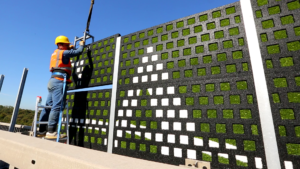
Solution
Of the 135 tons of tyres collected, a portion was repurposed to create the recycled rubber noise barrier, which effectively reduces traffic disturbance, withstands harsh weather conditions and requires no ongoing maintenance. Designed with a grassed turf aesthetic, it integrates naturally into the surrounding landscape.
Since recycled rubber sound barriers have one of the lowest carbon footprints among comparable products, the project showcases a strong commitment by all stakeholders to sustainability and emission reduction.
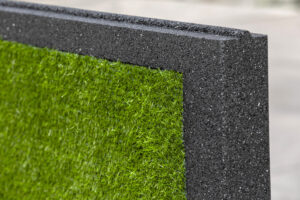
Results
A detailed sound analysis confirmed that the new barrier significantly reduces vehicle noise.
“The sound barrier protects nearby residents from highway noise, while the tyre waste that was collected was recycled fully serves the circular economy,” Serhat said.
The project was recognised with a Zero Waste Certificate from the Ministry of Environment, Urbanisation and Climate Change, reflecting its eco-conscious approach from production to completion. The noise wall also received an Environmental Product Declaration (EPD) certificate.
“The recycled tyre waste significantly contributes to the circular economy when used in the production of sound barriers,” Serhat said, drawing attention to the fact that rubber sound barriers have an impressively low carbon footprint.
“We will recycle and reuse this environmentally friendly barrier at the end of its 10th year. Our primary goal is to do our job at the highest standards and contribute to a sustainable world. We will continue our work in this direction.”
Wallmark is the pioneer of recycled rubber noise walls in Australia. For more information about these innovative, effective and eco-friendly noise mitigation solutions, contact a member of the Wallmark team today.
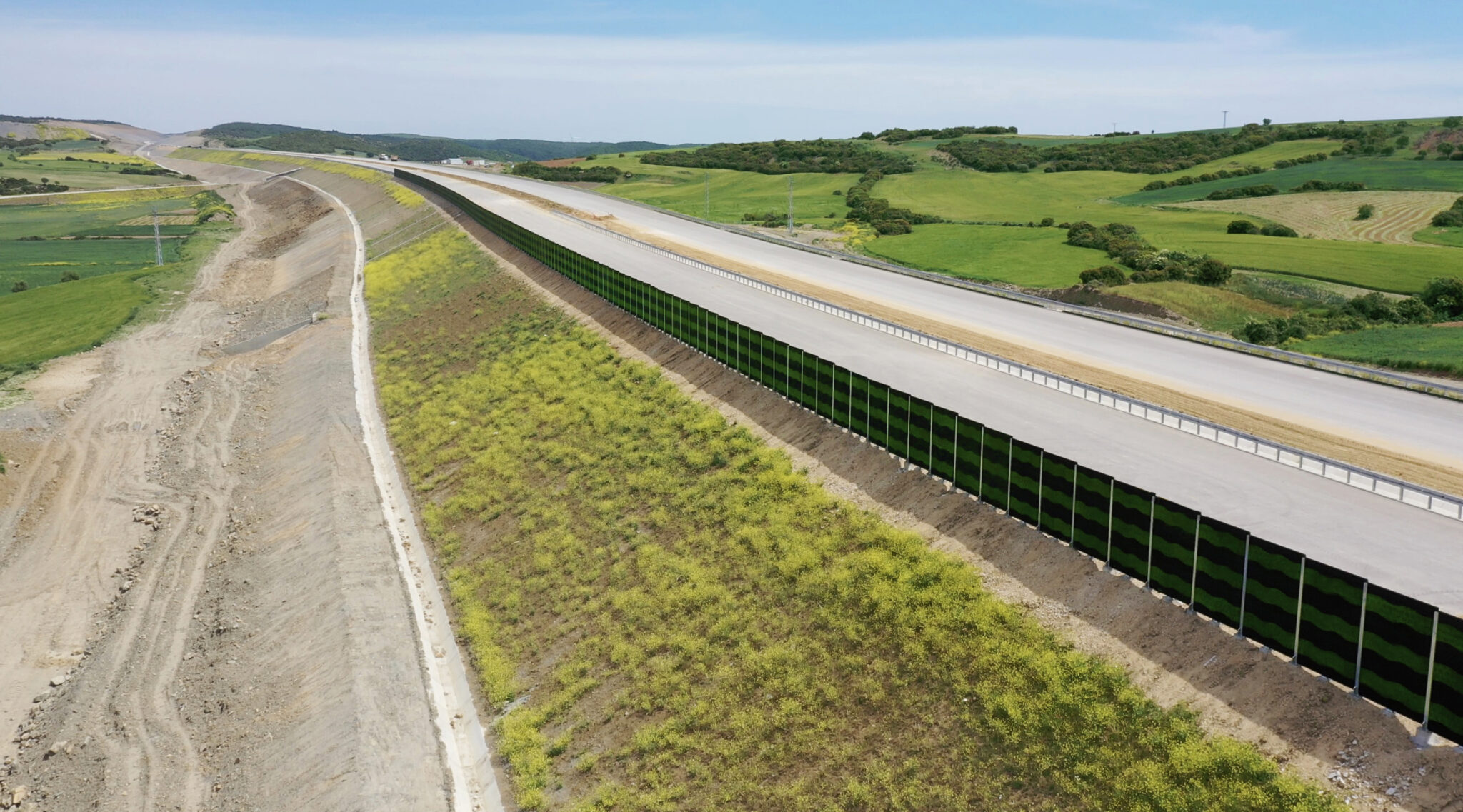
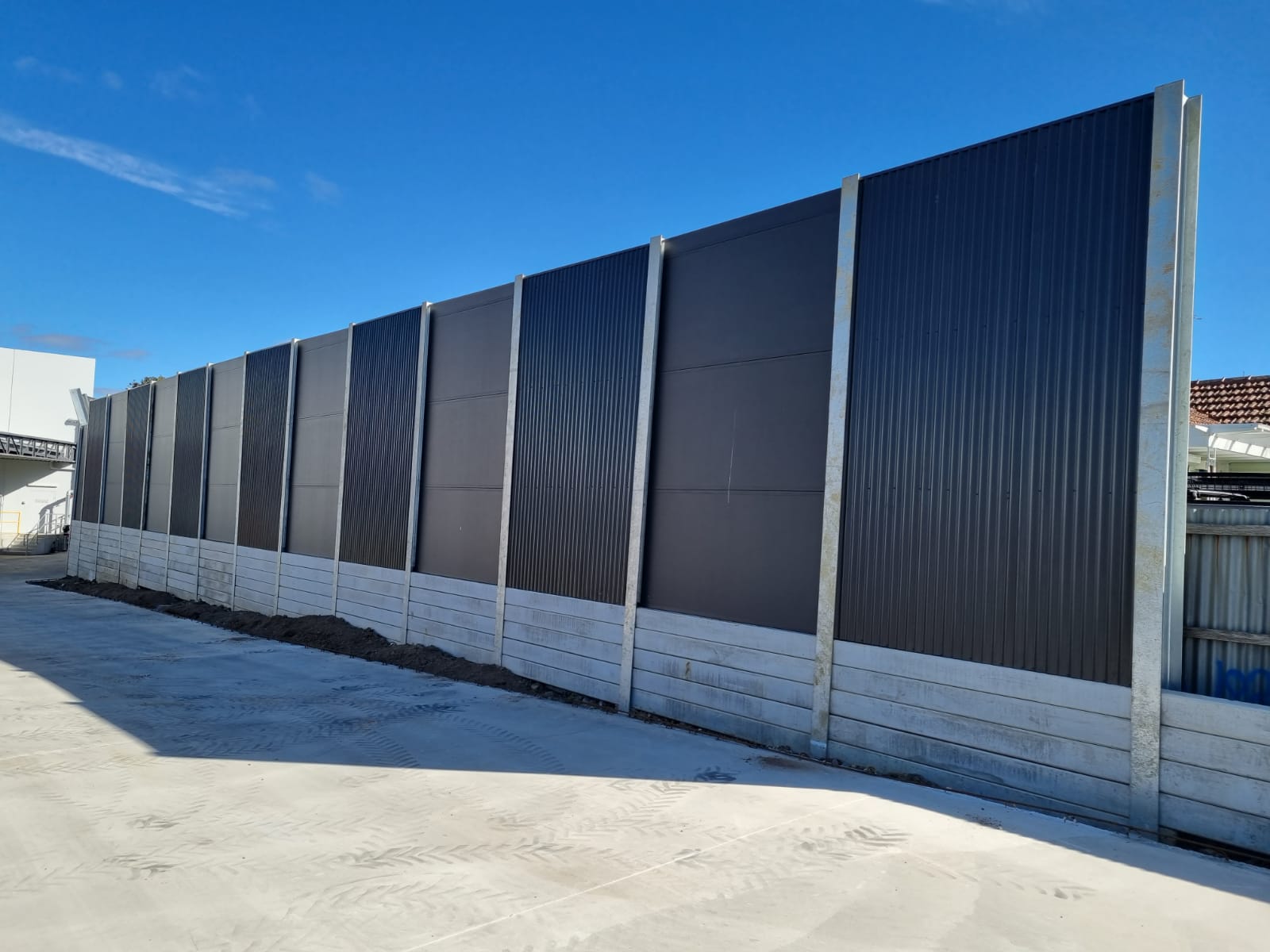
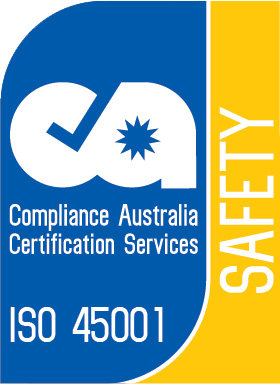
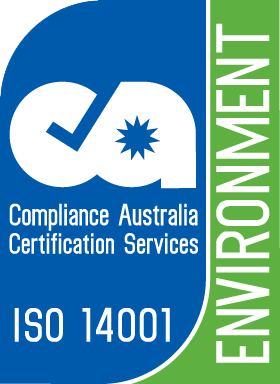
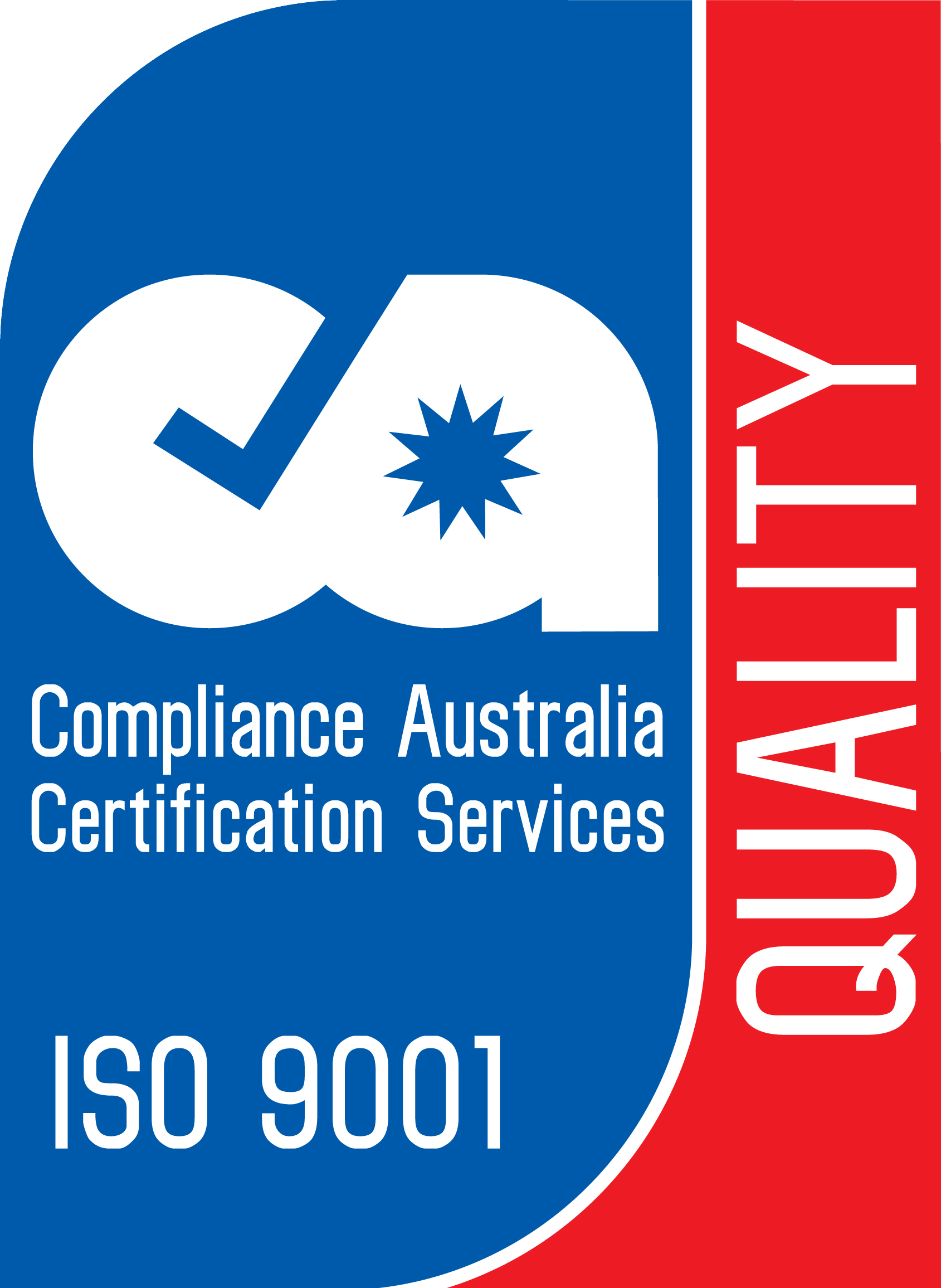
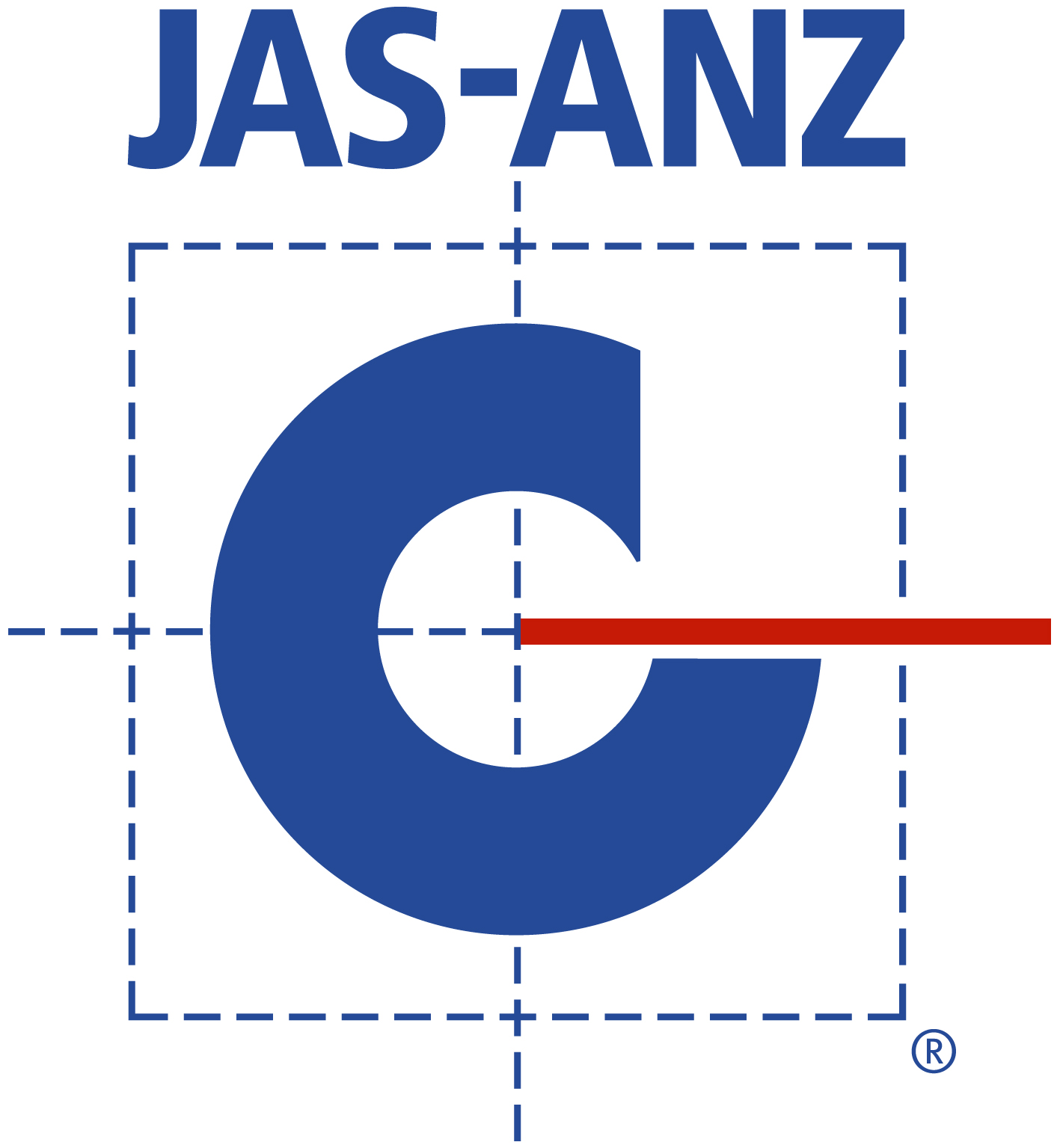

You must be logged in to post a comment.